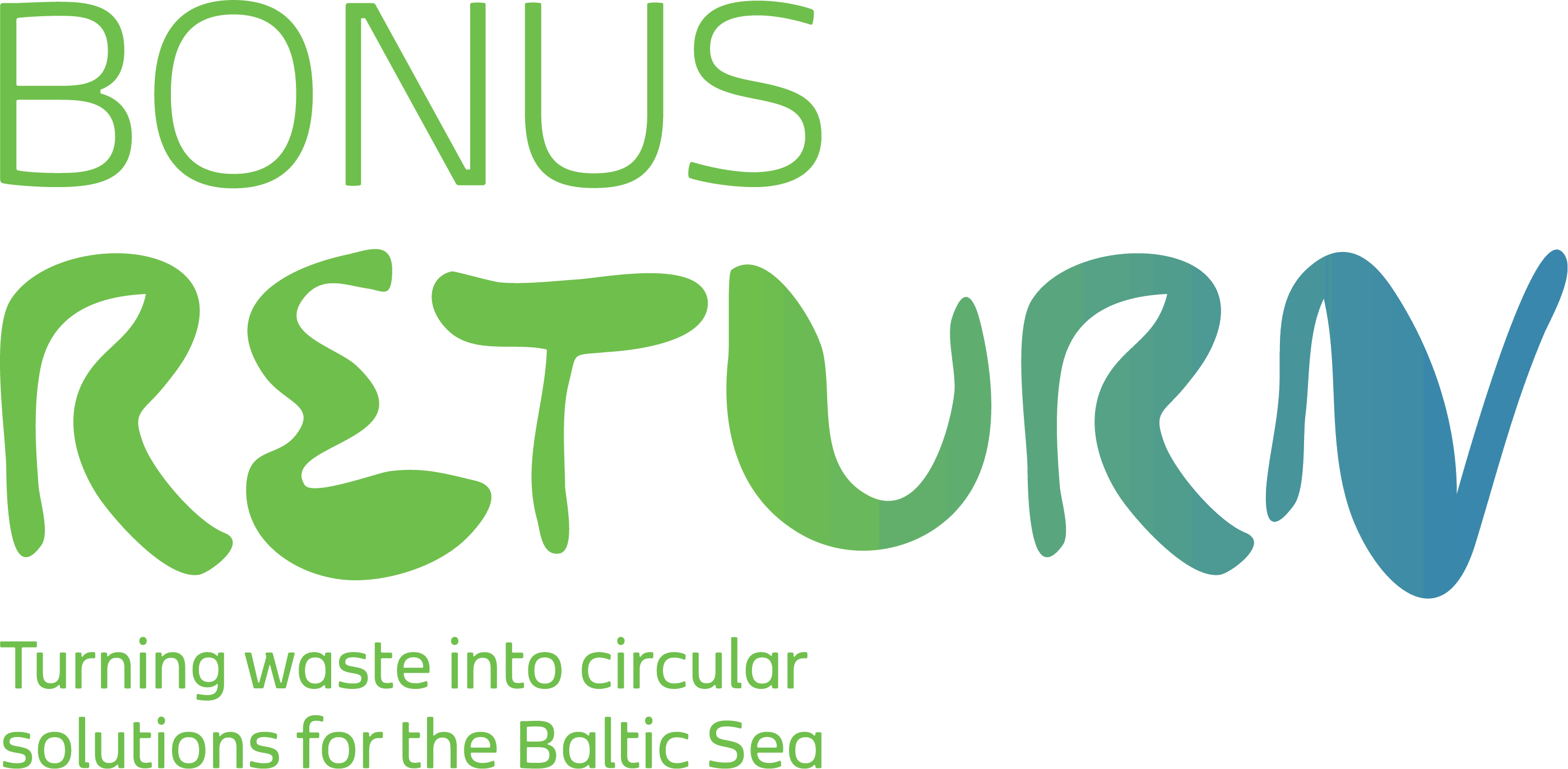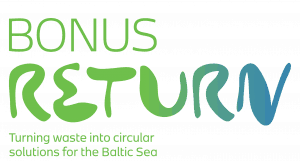Evidence-based, or evidence-informed, environmental management is the process of dealing with anthropogenic pressures in natural systems using knowledge of what works best in a given system. What distinguishes this from other forms of environmental management is that the interventions are selected and implemented in ways informed by the best available evidence on the topic. Typically, this refers to research evidence in scientific literature, but grey literature (theses, organisational reports, other literature) is also a potentially very important source of information.
Systematic reviews and systematic maps, collectively known as evidence synthesis’ methods are the two ‘gold standard’ forms of evidence synthesis used in evidence-based environmental management. These methods aim to search for, collate, synthesise, and report an evidence base using state-of-the-art methods that seek to maximise transparency, comprehensiveness and repeatability, whilst minimising susceptibility to bias. Systematic reviews were first established in the field of healthcare but have spread into a variety of other disciplines, including social welfare, international development, veterinary science and conservation.
Systematic maps are ideal for identifying subtopics where there are knowledge gaps and subjects where there are enough studies to allow a full synthesis (e.g. a meta-analysis) to be conducted. Systematic reviews seek to explain whether and how an intervention or factor affects a specific outcome, testing or forming hypotheses.
Related pages
- We use a combined systematic mapping and systematic reviewing approach to first identify and describe a shortlist of ecotechnologies for reusing carbon and nutrients in the Baltic Sea region.
- We then perform a full systematic review on a subset of these technologies to examine how well they work.
- A second systematic review will focus on economic models and policy tools used to support these ecotechnologies.
We focus on ecotechnologies that have been used in municipal wastewater systems and agricultural systems, since stakeholders have informed us that these are the key sources of carbon and nutrients in their systems. The shortlist of ecotechnologies identified in the mapping exercise will feed into other programmes in the project.
To manage the evidence synthesis process, the BONUS RETURN team needed to gain a better understanding of how the term ‘ecotechnologies’ has been used and defined. To this end, we performed a systematic review of the academic literature to examine ecotechnology definitions, using a qualitative research method known as a ‘thematic synthesis’.
This review highlighted a wide diversity of uses, that very few clear definitions exist in the literature and that none accurately captures all aspects of the definitions that were discussed across the literature as a whole. As such, the BONUS RETURN team have combined aspects from the definitions found to create a new, gold-standard definition as follows:
Ecotechnologies are human interventions in social-ecological systems in the form of practices and/or biological, physical, and chemical processes designed to minimise harm to the environment and provide services of value to society.
In addition, for the purposes of this project, the BONUS RETURN team is considering only ecotechnologies that allow reuse of carbon and nutrients. The thematic synthesis itself will be made available once it has been peer-reviewed and published. The systematic map and systematic reviews will also be made available once completed and reviewed.

